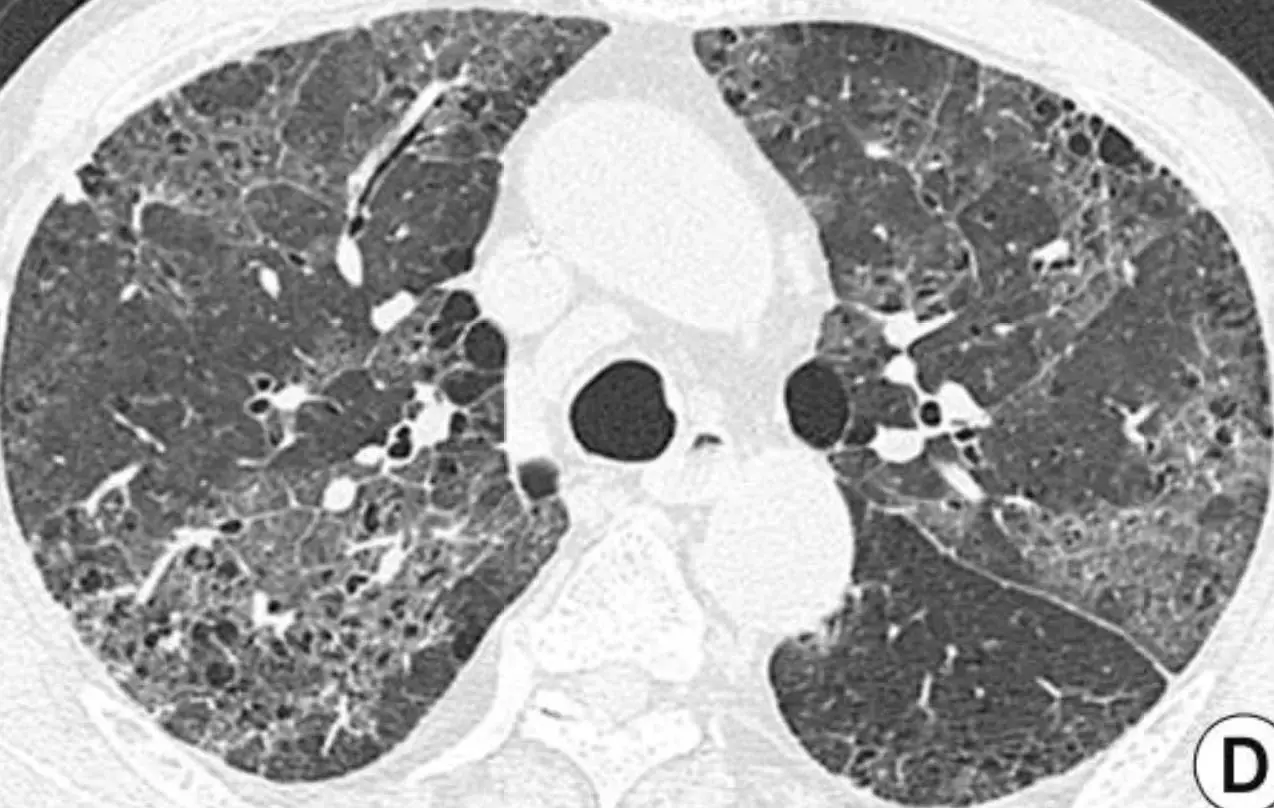- Home
- Medical news & Guidelines
- Anesthesiology
- Cardiology and CTVS
- Critical Care
- Dentistry
- Dermatology
- Diabetes and Endocrinology
- ENT
- Gastroenterology
- Medicine
- Nephrology
- Neurology
- Obstretics-Gynaecology
- Oncology
- Ophthalmology
- Orthopaedics
- Pediatrics-Neonatology
- Psychiatry
- Pulmonology
- Radiology
- Surgery
- Urology
- Laboratory Medicine
- Diet
- Nursing
- Paramedical
- Physiotherapy
- Health news
- Fact Check
- Bone Health Fact Check
- Brain Health Fact Check
- Cancer Related Fact Check
- Child Care Fact Check
- Dental and oral health fact check
- Diabetes and metabolic health fact check
- Diet and Nutrition Fact Check
- Eye and ENT Care Fact Check
- Fitness fact check
- Gut health fact check
- Heart health fact check
- Kidney health fact check
- Medical education fact check
- Men's health fact check
- Respiratory fact check
- Skin and hair care fact check
- Vaccine and Immunization fact check
- Women's health fact check
- AYUSH
- State News
- Andaman and Nicobar Islands
- Andhra Pradesh
- Arunachal Pradesh
- Assam
- Bihar
- Chandigarh
- Chattisgarh
- Dadra and Nagar Haveli
- Daman and Diu
- Delhi
- Goa
- Gujarat
- Haryana
- Himachal Pradesh
- Jammu & Kashmir
- Jharkhand
- Karnataka
- Kerala
- Ladakh
- Lakshadweep
- Madhya Pradesh
- Maharashtra
- Manipur
- Meghalaya
- Mizoram
- Nagaland
- Odisha
- Puducherry
- Punjab
- Rajasthan
- Sikkim
- Tamil Nadu
- Telangana
- Tripura
- Uttar Pradesh
- Uttrakhand
- West Bengal
- Medical Education
- Industry
Low- and conventional-dose TMP-SMX combo equally effective in Pneumocystis Pneumonia in non-HIV infected patients

Low- and conventional-dose TMP-SMX combination equally effective in Pneumocystis Pneumonia in non-HIV infected patients suggests a new study published in the CHEST
Trimethoprim-sulfamethoxazole (TMP-SMX) is an effective treatment for Pneumocystis jirovecii pneumonia (PCP) in immunocompromised patients with and without human immunodeficiency virus (HIV) infection; however, a high incidence of adverse events has been observed. Low-dose TMP-SMX is a potentially effective treatment with fewer adverse events; however, evidence is limited.
In this multicenter retrospective cohort study, we included patients diagnosed with non-HIV PCP and treated with TMP-SMX between June 2006 and March 2021 at three institutions. The patients were classified into low- (TMP <12.5 mg/kg/day) and conventional-dose groups (TMP 12.5–20 mg/kg/day). The primary endpoint was 30-day mortality, and the secondary endpoints were 180-day mortality, adverse events of grade 3 or greater per the Common Terminology Criteria for Adverse Events v5.0, and initial treatment completion rates. Background characteristics were adjusted using the overlap weighting method with propensity scores.
Results
Fifty-five patients in the low-dose and 81 in the conventional-dose groups were evaluated. In the overall cohort, the average age was 70.7 years, and the proportion of females was 55.1%. The average dose of TMP-SMX was 8.71 mg/kg/day in the low-dose group and 17.78 mg/kg/day in the conventional-dose group. There was no significant difference in 30-day mortality (6.7% vs. 18.4%, P=0.080) or 180-day mortality (14.6% vs. 26.1%, P=0.141) after adjusting for patient background characteristics. The incidence of adverse events, especially nausea and hyponatremia, was significantly lower in the low-dose group (29.8% vs. 59.0%, P=0.005). The initial treatment completion rates were 43.3% and 29.6% in the low-dose and conventional-dose groups (P=0.158), respectively.
Survival was similar between the low- and conventional-dose TMP-SMX groups, and low-dose TMP-SMX was associated with reduced adverse events in patients with non-HIV PCP.
Reference:
Tatsuya Nagai, Hiroki Matsui, Haruka Fujioka, Yuya Homma, Ayumu Otsuki, Hiroyuki Ito, Shinichiro Ohmura, Toshiaki Miyamoto, Daisuke Shichi, Watari Tomohisa, Yoshihito Otsuka, Kei Nakashima, Low- Versus Conventional-Dose Trimethoprim-Sulfamethoxazole Treatment for Pneumocystis Pneumonia in Non-Human Immunodeficiency Virus-Infected Patients: A Multi-Center, Retrospective Observational Cohort Study,CHEST,2023, ISSN 0012-3692, https://doi.org/10.1016/j.chest.2023.08.009
https://www.sciencedirect.com/science/article/pii/S0012369223052698
Dr. Shravani Dali has completed her BDS from Pravara institute of medical sciences, loni. Following which she extensively worked in the healthcare sector for 2+ years. She has been actively involved in writing blogs in field of health and wellness. Currently she is pursuing her Masters of public health-health administration from Tata institute of social sciences. She can be contacted at editorial@medicaldialogues.in.
Dr Kamal Kant Kohli-MBBS, DTCD- a chest specialist with more than 30 years of practice and a flair for writing clinical articles, Dr Kamal Kant Kohli joined Medical Dialogues as a Chief Editor of Medical News. Besides writing articles, as an editor, he proofreads and verifies all the medical content published on Medical Dialogues including those coming from journals, studies,medical conferences,guidelines etc. Email: drkohli@medicaldialogues.in. Contact no. 011-43720751


